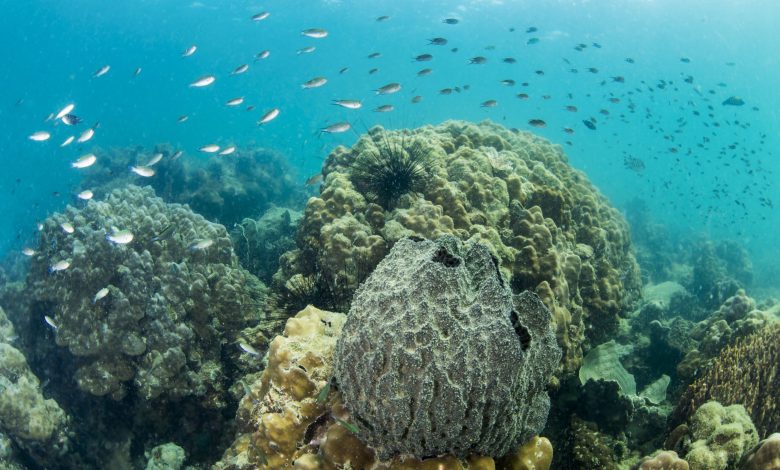Pemba marine zones boost conservation, livelihoods

ZANZIBAR: THE new marine protected areas (MPAs) around Pemba Island mark a significant step toward strengthening both community livelihoods and the health of fragile marine ecosystems through focused rehabilitation and restoration efforts.
The Wildlife Conservation Society (WCS) Tanzania said in a press release on Wednesday that it remains committed to supporting the effective management of the new marine zones in the years ahead.
WCS Tanzania Marine Programme Director, Jean Mensa, explained that Pemba East is recognised as both a climate refuge and a biodiversity hotspot.
“Past conservation and development initiatives have largely overlooked Pemba East, leaving local communities without the benefits experienced elsewhere in Zanzibar,” Dr Mensa said.
The establishment of the North-East and SouthEast Pemba Conservation Areas aims to address this gap by fostering ecosystem resilience and enhancing community well-being.
These MPAs protect critical habitats, including coral reefs, seagrasses and mangroves and restrict destructive fishing practices to preserve vulnerable species such as threatened sharks and rays.
ALSO READ: Tanzania joins global efforts in marine conservation
Through extensive consultations involving over 4,000 residents from 43 villages, the design and zoning of the MPAs reflect local voices and priorities.
Measures such as Locally Managed Marine Areas (LMMAs) and coral reef restoration zones have been incorporated to balance conservation with sustainable community use.
Dr Makame Omar Makame, Director of the Marine Conservation Department at Zanzibar’s Ministry of Blue Economy and Fisheries, underlined Tanzania’s science-based and inclusive approach.
“This achievement highlights both the ecological importance of our coastal waters and the strength of our collaboration with local communities,” he said.
As Tanzania pursues its global commitment to protect 30 per cent of its ocean area by 2030, the Pemba MPAs offer a promising model for integrating biodiversity conservation with community empowerment.




